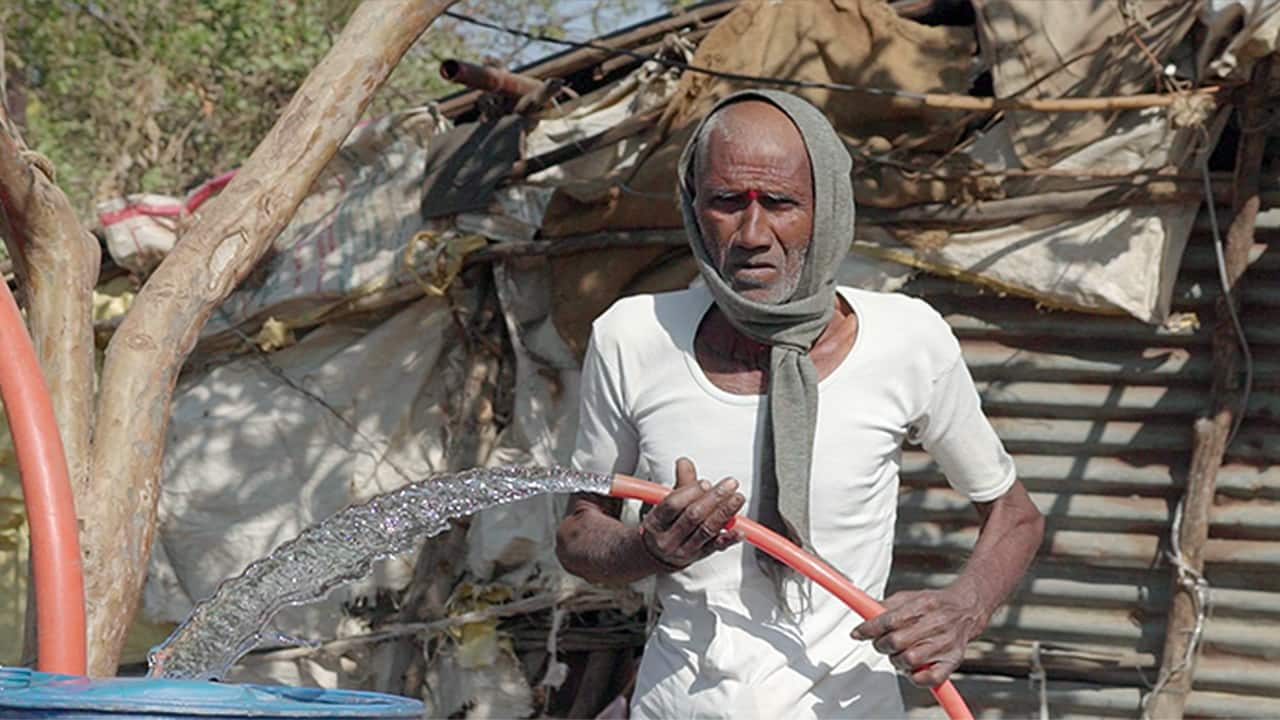


To tackle the water crisis, the central government has launched three flagship programmes: Jal Jeevan Mission (ensuring tap connections in every household by 2024), Jal Shakti Abhiyan (encouraging rainwater harvesting and ground water recharging) and Atal Bhujal Yojana (focused on groundwater recharge initiatives.)
Private players too are taking ambitious strides towards achieving India's water goals. AB InBev, the world's leading brewer, has partnered with WaterAid, a global non-profit organisation which has impacted the lives of over 24.9 million people by providing clean water, decent toilets, and good hygiene since 1981. This association is part of AB InBev's Water Stewardship goals, one of four pillars in its 2025 Sustainability Goals, which are aligned with the UN Sustainable Development Goals, providing a blueprint to create a more sustainable future by 2030.
AB InBev and WaterAid's Water Stewardship partnership initiative has three interlinked phases: demonstrating water conservation, recharge and recycling through a pilot project; creating a state water consortium to catalyse, synergise and scale up action, and finally building a national knowledge platform to nurture innovations and learning.
By nurturing knowledge, fostering innovations, and collaborating with stakeholders, this partnership will mobilise traditional expertise, augmented by modern science and tools, enabling stakeholders to take informed, scalable actions in the future.

The partnership is based on a three-pronged scope, starting with demonstrating the effectiveness of the on ground-model and the impact of participatory water conservation, addressing the demand and supply side challenges of this scarce resource. Working in alignment with governmental flagship programmes, the partnership will look at issues such as water harvesting, different facets of rejuvenating and enhancing storage, ground-water recharge, aquifer mapping, provision of safe drinking water, recycling and reuse of grey-water, mobilising and training the community, and developing monitoring systems.
The next step is to create a water consortium to catalyse, synergise and scale up by engaging with stakeholders. The targeted thought-leadership will include state institutions, small and large businesses, farmers, researchers and academicians and the government. This consortium of stakeholders committed to solving the water crisis, on the basis of a shared vision, will help establish guidelines that can be amplified. Accordingly, the template can be adopted, replicated and scaled up to be implemented in other regions.
Working towards building a national knowledge platform, WaterAid will collate and document the learnings to enable their wider adoption across industries. This phase will see the creation of a testbed for innovations in segments such as water recharging, monitoring, water purifying, grey-water recycling, and reusing water. This rigorous platform will help identify workable interventions, and test and validate their efficacy, to finally disseminate to a larger audience for adoption.
The entire project is expected to be executed over the next few years and will culminate in an interactive, knowledge-sharing and support platform and workshops. Encouraging an honest exchange of ideas, practices and traditions, the partnership between AB InBev and WaterAid will add to the rich repository of national knowledge of water and explore practical and workable interventions to conserve and enhance this precious resource.
With this partnership, AB InBev is using innovative interventions to ease water stress, and helping communities get access to water with ease, taking rapid strides towards its goal of Water Stewardship in India. This paves the way towards forging new associations, synergizing expertise and intention to work towards its 2025 Sustainability Goals.

